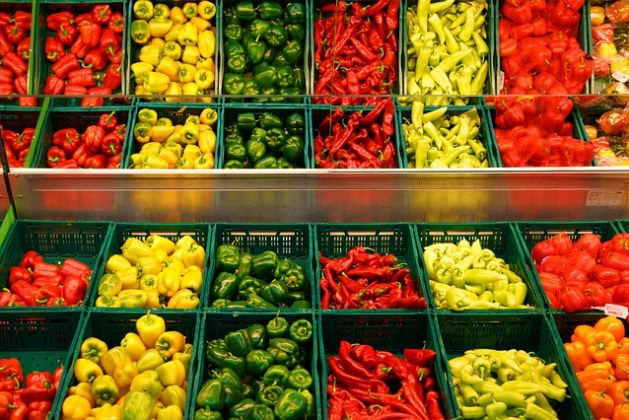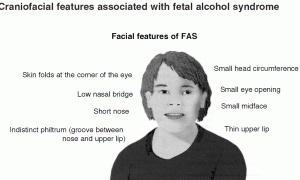
Organic foods are the big thing right now, and for good reason. They’re healthy, better for the environment, and they taste better. That being said, there are plenty of good reasons why some people simply haven’t switched over to buying primarily organic ingredients. Let’s consider some of the pros and cons of shopping organic.
Cons to Shopping and Eating Organic Food
It Can be Expensive
This is the big one. If you can’t afford organic food, then you can’t afford organic food. It’s a little easier when it’s just you, or when you don’t have kids, but buying groceries for a whole family can get expensive. When you have a spouse and four kids, you’re looking for bulk ingredients and great deals, and that’s easier to find when you shop at those giant grocery stores with their artificially sweetened and flavored, genetically modified and bleached products.
It’s Demanding
Shopping organic is something of a challenge. You need to be knowledgeable about a number of things in order to effectively shop for organic food. If you don’t know how to cook, there aren’t a lot of great organic TV dinners and canned items, it’s mostly raw ingredients. Even if you do know how to cook, boiling whole wheat noodles is different than boiling white noodles. If you don’t know the trusted brands, then you can easily get suckered into buying the same GMO, artificial foods that you’d buy at the supermarket, just at a higher price. If you want to shop organic, then you need to set aside some time to do the research and learn to cook.
Where to Buy?
Even if you have the income and the knowledge, you might not have the access. You can’t find organic foods just anywhere. Mass-produced, industrial corn syrup sweetened cereals? Sure. Free range eggs? Maybe not. If you don’t have a farmer’s market or an organic grocery store within a comfortable distance, then your only option is to drive for several hours each grocery trip, and that’s just not practical. This can be offset by farming and homesteading if you live in a rural area, but by and large, if you don’t have access to organic markets, then you’re not going to be eating organic food.
Spoilage
In an episode of The Simpsons, the family shops at an organic food market, and their food has spoiled between the time they’ve checked out with the clerk, and the conveyor belt has rolled the food over to the grocery bags. This is an exaggeration for the sake of humor, of course, but without artificial preservatives, organic food does tend to spoil more quickly, which, again, is a concern if you need to buy in bulk for any reason.
Pros to Shopping and Eating Organic Food
All of this being said, there are a lot of upsides, as well:
Your Health
If you have access to organic food, it really is worth the extra time, money and effort, because you’re going to feel better and live longer. Consider how fiber differs between organic and mass-produced products. Instant oatmeal grinds oats down into near-powder form, so that the resulting meal is a thin paste, the fiber broken down to the point where it’s really of little use to your body anymore. Steel cut oats, like you’ll find in an organic store, are bigger, crunchier, and coarser, providing real, useful fiber that will keep your body energized.
The Flavor
Organic food just tastes better. It’s not loaded with chemicals, dyes, flavors and sweeteners that affect the flavor. The whole wheat is actually whole wheat. It’s not bleached, bland white bread and pasta. If you’re tired of chalky, bitter canned coffee, try some fresh-roasted beans from the organic food market. Once you try eating organic foods, you’ll likely find it hard to go back to the bland sameness of supermarket foods.
The Planet
Simply by nature of not supporting GMO-producing mega conglomerates, you’re earning a lot of positive karma. Maybe one shopper can’t make a huge difference, but as more and more people turn to organic and away from mass-produced junk, the demand will be made clear.
Taking care of yourself and the planet is a big part of what makes the organic food movement so popular, but if we can ignore the moral and ethical implications, let’s just consider that organic food really does taste better. Mass-produced foods have convenience and cost benefits over organic foods, but their advantages really do end there. If you have the access and the income, there’s little reason not to choose organic.
What’s your opinion on organic food?




Leave a comment
You must login or register to add a new comment.